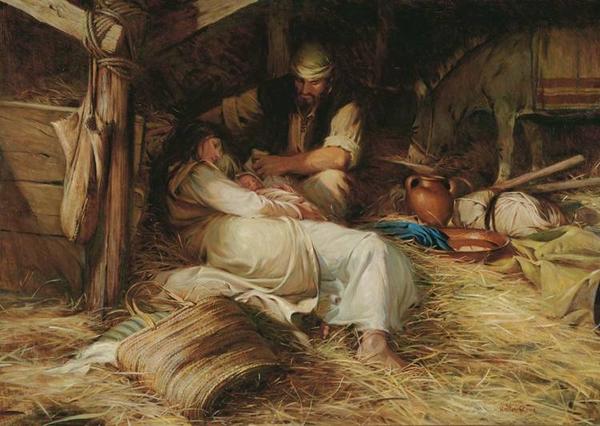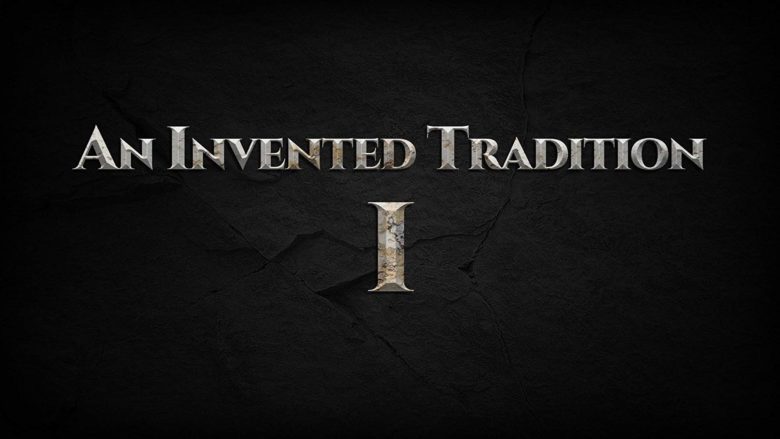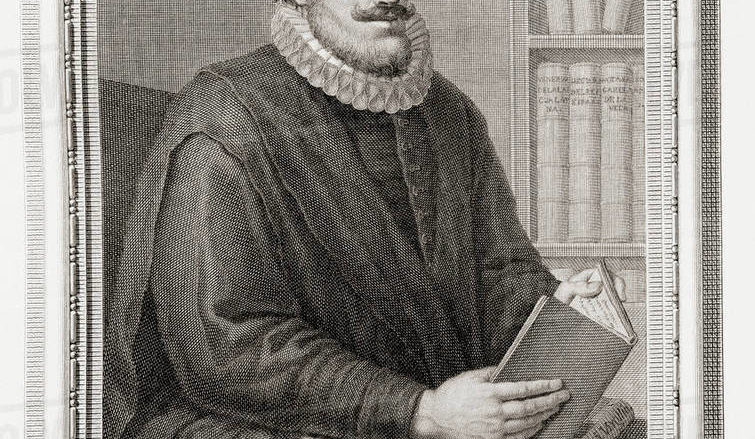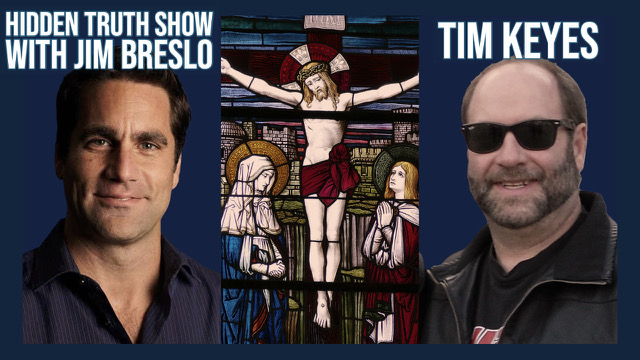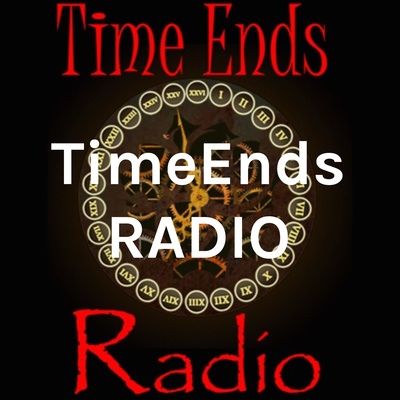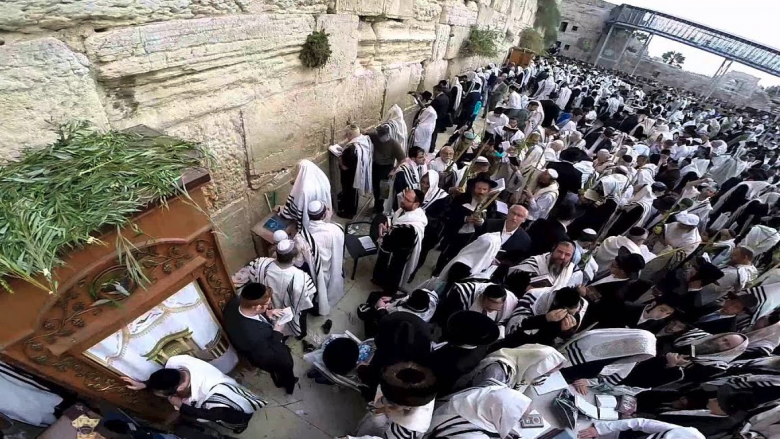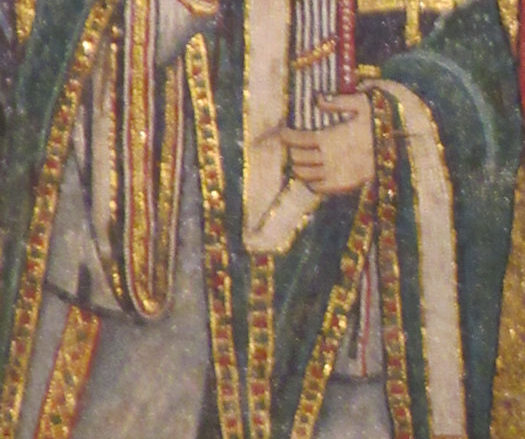
Pope Julius I, December 25th & the Magi
I recently watched a new YouTube video that briefly and quite inadequately discusses how we historically arrived at a December 25 birthday for Jesus of Nazareth.1 During the video, the host plays clips from a different video that challenges a Read More …
